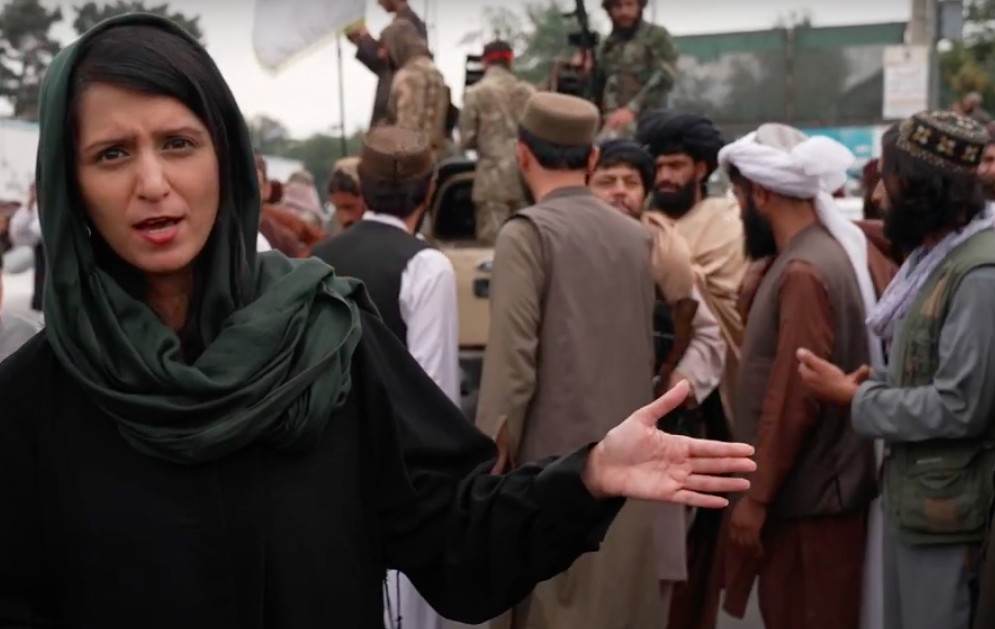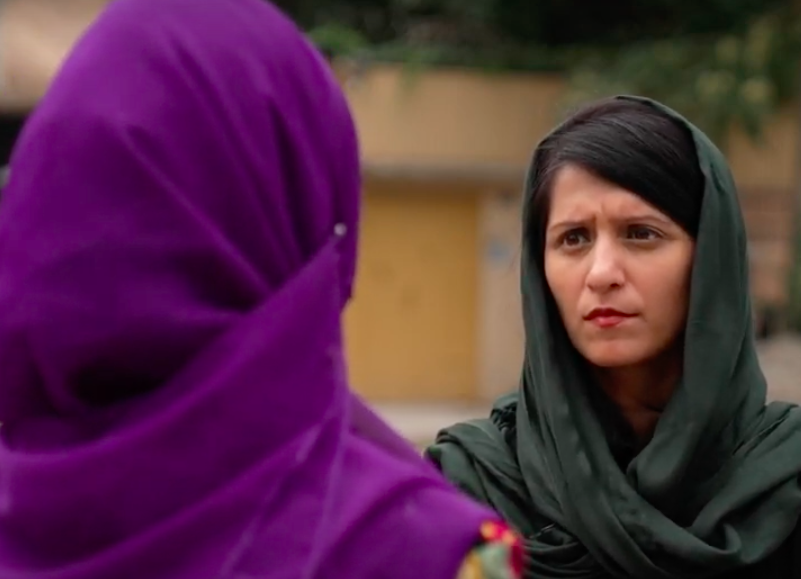I’ve long wondered about bias in journalism. Does true impartiality exist for the writer who wants to construct narrative journalism? Throwing in the inescapable emotions of the human experience when talking to sources for a story becomes even more difficult.
I recently interviewed Imogen Anderson, a Senior Producer for BBC News, on the importance of relationships when producing stories. Currently established in Delhi, Anderson is part of a team that covers South Asia and is linked to other international projects, some of which have been based in Ukraine and Afghanistan.
Ukraine, Afghanistan and India are notably in very different political situations, yet they share a constant. There is a real spectrum of human struggle at these loci.
“We have an enormous duty of care to people,” Anderson said. “You need to maintain, in a really difficult scenario, a balanced mind about a story.” Empathy is inherently involved in the role of the journalist. Yet, to a certain extent, we aim to compartmentalise our emotions like meditation.
Funny that as much as the world changes, we remain the same. To this day, survival still centres around relationships. Contacts keep us afloat in our respective professions, none more so than in journalism.
The building block of any work Anderson produces comes from establishing a network. ” [The] golden rule for journalism is you just want to have as many contacts as possible on the ground.” This network is the lifeblood of a story, as a journalist should “never want to go into an environment where you never really know what you’re getting into,” she says.

Screenshot from a piece produced by Imogen Anderson, “Taliban Rule, One Year On”. Filmed by Sanjay Ganguly.
It makes me wonder then whether there is an intrinsic bias that permeates the occupation. If we are to rely on our contacts and their plights, does this setting up of a story inevitably frame a certain picture in our minds? The industry hinges on trust. Stories are entrusted to us so that we tell them and represent our sources on their behalf to the wider world, like literary barristers.
“You’re committed to kind of getting to know them and understanding their perspective,” Anderson said while hinting towards an ongoing struggle, perhaps a hazard of the job if you will:
“Any journalist is constantly in this battle, going into difficult environments where they’re trying to really not allow themselves to be pulled into any one side.” The journalist is “constantly checking yourself for any bias… constantly having to be self-analytical. Why am I thinking this? Is that correct?”
Anderson’s stories have involved sources who live shoulder-to-shoulder with danger. Their accounts institute a bond of trust between themselves and the interviewer. Is that not the birthplace of bias? When asked how she approaches helping these sources in telling their accounts and managing the danger in doing so, she said: “It’s down to the individual themselves… [what] we never want to do is censor somebody that actually does want to talk to us even though we have our own duty of care to say actually we don’t think that you should be identified. They may say to us we want to be, our voices have been taken away… we have to balance that… we can’t kind of take on this paternal role where we go well you may want to be but we’re not going to.”
It’s both a crack in the wall and a pillar of the industry, but the human plight is the basis of the best stories. Maybe there is no clear impartiality for the narrative journalist. Maybe all we can hope for is Anderson’s balance—a balance of the bias that any writer is predisposed to when engaging with any material and, more importantly, a balance of the contacts we surround ourselves with and how we manage their best interests.
(Feature Image: Screenshot from a piece produced by Imogen Anderson, “Taliban Rule, One Year On”. Filmed by Sanjay Ganguly.)




